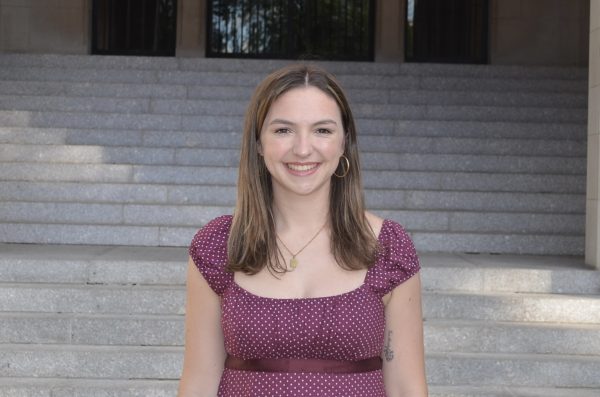The Faculty Senate passed a resolution in a majority vote on March 28 arguing that Fordham University should affirm academic freedom. The resolution argues that Fordham should protect academic freedom because of its role in educating informed citizens, which is crucial to having a functioning democracy, according to a Faculty Senate member. The action comes at a time when the Trump administration and the Department of Education have taken many actions against higher education.
“The University’s mission of academic freedom protects open inquiry and critical thinking, in fostering an environment where faculty, students, and staff are empowered to engage in meaningful disagreement, dialogue and scholarship,” the resolution says.
The resolution was drafted by Christopher Dietrich, chair of the Fordham history department, and Zephyr Teachout, professor of law at Fordham. It affirms Article 6 Appendix 1 of the Fordham University Statutes, which states that academic freedom is essential to institutions of higher education because of its ability to foster an environment of open dialogue, disagreement and critical thinking. Also, the resolution addresses the role of academic freedom in promoting Jesuit values of truth-seeking, social justice and educated individuals.
The resolution states that academic freedom allows individuals to challenge assumptions, share and respect differing perspectives and promote intellectual and cultural diversity. It adds that Fordham’s values of academic freedom are at risk due to recent actions by the federal government.
“These norms and values are under assault by the U.S. government, which has targeted specific institutions and higher education as a whole, by threatening to withhold funds based on differences in viewpoint,” the resolution says. “That assault targets specific members of the University community, in particular those holding visas or permanent residents, making them more vulnerable to the stripping of civil liberties and other repercussions and thus threatening the community as a whole.”
The resolution further states that Fordham will continue to promote academic freedom and will also support community members who face consequences for exercising free speech or academic freedom, regardless of immigration or citizenship status.
“The Faculty Senate calls upon the University administration to share with the faculty its plans to support any and all University community members who face repercussions for exercising their rights to intramural or extramural free speech or academic freedom, regardless of their citizenship or their legal status in the United States under our immigration or related laws,” the resolution says.
Across the nation, international students have had visas revoked for political action and protest. At Fordham, one visa was revoked, but the University does not believe the student was connected to protests at Fordham.
Dietrich says that academic freedom is extremely important in the United States and that it must be protected.
“In a society in which institutions of higher learning are coming under increasing attack, academic freedom is vital to protect the exchange of ideas that’s absolutely the lifeblood of our informed citizenry,” Dietrich said. “I would further argue that academic freedom fuels our ability to discuss challenging topics without fear of reprisal or censorship, which is at the root of creating a community of learning that’s beneficial to everybody.”








































































































































































































